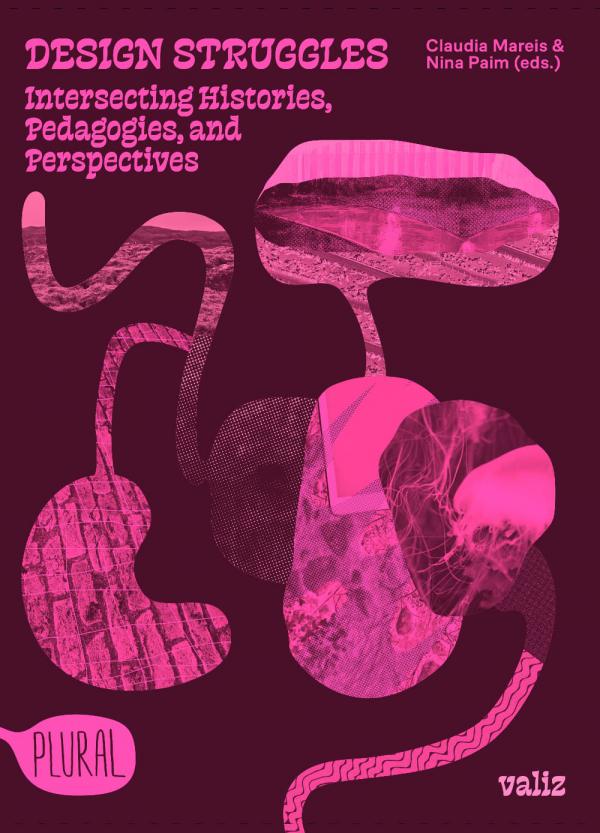DESIGN STRUGGLES
Intersecting Histories, Pedagogies, and Perspectives

Synopsis
Design Struggles critically assesses the complicity of design in creating, perpetuating, and reinforcing social, political, and environmental problems — both today and in the past. The book proposes to brush the discipline against the grain, by problematizing Western notions of design, fostering situated, decolonial, and queer-feminist modes of disciplinary self-critique.
In order to reimagine design as an unbound, ambiguous, and unfinished practice, this publication gathers a diverse array of perspectives, ranging from social and cultural theory, design history, design activism, sociology, and anthropology, to critical and political studies, with a focus on looking at design through the intersections of gender, race, ethnicity, culture, class, and beyond.
It combines robust scholarly insights with engaging and accessible modes of conveyance and storytelling by bringing together an urgent and expansive array of voices and views from those engaged in struggles with, against, or around the design field.





